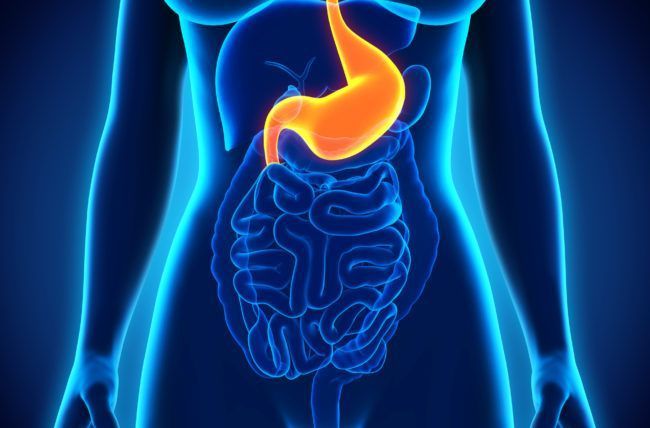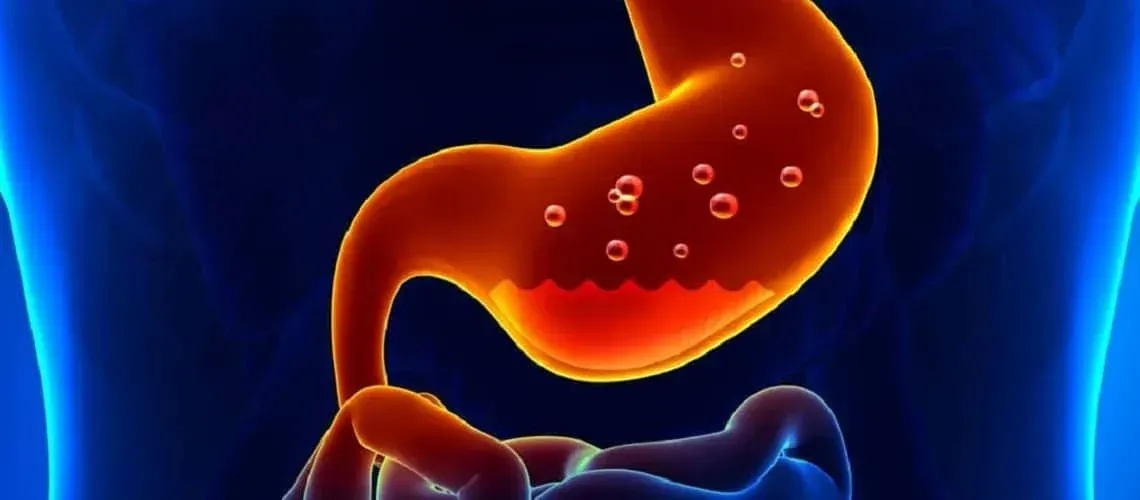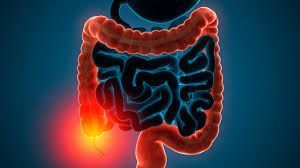Managing GERD: Insights from a Gastroenterologist
Gastroesophageal reflux
disease (GERD) is a common digestive disorder that affects the lower esophageal sphincter, causing symptoms such as heartburn, regurgitation, and chest pain. In this article, we delve into the nuances of GERD and the pivotal role of a gastroenterologist in diagnosing and treating this condition effectively. From understanding the impact of GERD on digestive health to exploring the benefits of endoscopy and collaborating with a San Diego dietitian, a gastroenterologist plays a crucial role in providing comprehensive care for individuals with GERD. Join us as we explore strategies for managing GERD and improving quality of life under the guidance of a digestive health expert.
Understanding GERD: Symptoms and Causes:
GERD presents with symptoms like acid reflux, chest pain, and difficulty swallowing, impacting daily life and overall well-being. The causes of GERD can vary from hiatal hernias to lifestyle factors like obesity and diet choices. Recognizing the symptoms and underlying causes of GERD is essential for accurate diagnosis and personalized treatment plans tailored to each individual's needs.
The Role of a Gastroenterologist in GERD Diagnosis and Treatment:
A gastroenterologist specializes in diagnosing and managing a wide range of digestive disorders, including GERD. Through comprehensive evaluations, diagnostic tests, and individualized treatment approaches, a gastroenterologist can offer tailored care to address the unique needs of GERD patients. Their expertise in gastrointestinal health is crucial in guiding patients towards improved digestive function and symptom relief.
Leveraging Endoscopy for Precise GERD Evaluation:
Endoscopy is a valuable tool used by gastroenterologists to visualize the esophagus and assess the extent of damage caused by GERD. By performing an endoscopy, a gastroenterologist can identify esophageal inflammation, ulcers, or strictures, guiding treatment decisions and monitoring disease progression. Endoscopy plays a key role in the accurate diagnosis and ongoing management of GERD.
Collaborating with a San Diego Dietitian for GERD Management:
Diet plays a significant role in managing GERD symptoms and promoting digestive health. Working with a San Diego dietitian can provide individuals with personalized dietary recommendations to alleviate acid reflux, reduce heartburn, and improve overall gastrointestinal function. By incorporating dietary modifications and lifestyle changes, individuals with GERD can optimize their nutritional intake and enhance their quality of life.
In conclusion, navigating GERD requires the expertise of a gastroenterologist who can offer insights, diagnosis, and personalized care for individuals facing this condition. By understanding the symptoms, causes, and management strategies associated with GERD, patients can work towards improving their digestive health and overall well-being under the guidance of a specialized healthcare provider.
¡FREE LABS!
EVERY FRIDAY 8 AM - 9:30 AM
Or call us to make an appointment
No need to fast
No long waits
inmediate exam results
Lipid panel • Liver function test • Glucose levels to screen for diabetes • Body mass index • Hemoglobin measurement to rule out anemia • Blood pressure • Glycosylated hemoglobin to monitor and confirm diabetes • Electrocardiogram • Ultrasound to detect liver fibrosis • Dietetic education

BLOG








